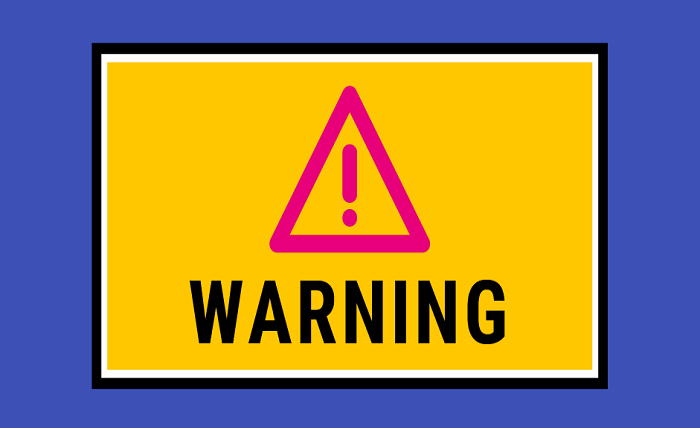What is the Use of Placing Warning Signs Around the Farm?

In the pastoral landscapes of the UK, farms are not just sources of sustenance but also hubs of activity where safety must be paramount. With the bustling nature of farm work, encompassing everything from machinery operation to the handling of animals and chemicals, the importance of clear communication through farm safety signs cannot be overstated. These signs serve as both guides and guardians, offering crucial information and preventing accidents before they happen.
The Imperative of Farm Safety Signs
At its core, the use of farm safety signs is about preventing accidents and ensuring that everyone, from seasoned farmhands to visiting members of the public, is aware of potential hazards. Farms are unique in their blend of domestic and commercial spaces, where heavy machinery, such as tractors and combine harvesters, coexists with children playing and animals roaming. In this environment, safety signs act as silent sentinels, offering guidance and warnings that help navigate the complex safety landscape of a working farm.
Hazard Awareness
One of the primary uses of farm safety signs is to highlight hazards that might not be immediately obvious. This includes warning of the presence of dangerous chemicals, highlighting areas where machinery is in operation, and indicating electric fences or areas of potential slip and trip hazards. By making these dangers visible, signs help to mitigate the risks associated with farm work, reducing the likelihood of accidents and injuries.
Legal Compliance
Beyond the practical safety benefits, there’s also a legal imperative for placing safety signs around the farm. UK regulations, including those set out by the Health and Safety Executive (HSE), mandate the use of appropriate signage to warn of specific hazards. Compliance with these regulations is not just about avoiding fines or legal action; it’s fundamentally about creating a safe working environment for everyone on the farm.
Educational Role
Farm safety signs also play an essential educational role. For individuals who are unfamiliar with the farming environment, such as visitors or new employees, these signs provide immediate and accessible information on how to behave safely on the farm. They can indicate areas that are off-limits, remind of the need to wash hands after touching animals, or warn against feeding livestock, thus ensuring that all interactions within the farm are conducted safely.
Best Practices for Farm Safety Signs
For farm safety signs to be effective, they must be clear, visible, and well-maintained. This means using signs that comply with British Standards (BS EN ISO 7010, for instance) to ensure consistency in safety messaging. Placement is also crucial; signs should be located at eye level and in areas where they are most needed, such as at the entrance to chemical storage areas or near machinery.
The Broader Implications of Safety on the Farm
The benefits of implementing farm safety signs extend beyond the immediate prevention of accidents. They contribute to a culture of safety that values the wellbeing of everyone on the farm. This culture not only enhances the reputation of the farming operation but can also have positive implications for insurance premiums and legal liabilities.
In conclusion, the use of farm safety signs is a critical aspect of managing a safe and successful agricultural operation. These signs serve as a constant reminder of the potential hazards inherent in farm work, offering guidance, ensuring legal compliance, and educating those who work on or visit the farm. By investing in clear, visible, and appropriate safety signage, farm owners and managers can protect their workers, their visitors, and their livelihoods. In the dynamic and often hazardous environment of the farm, safety signs are not just useful; they are indispensable.




